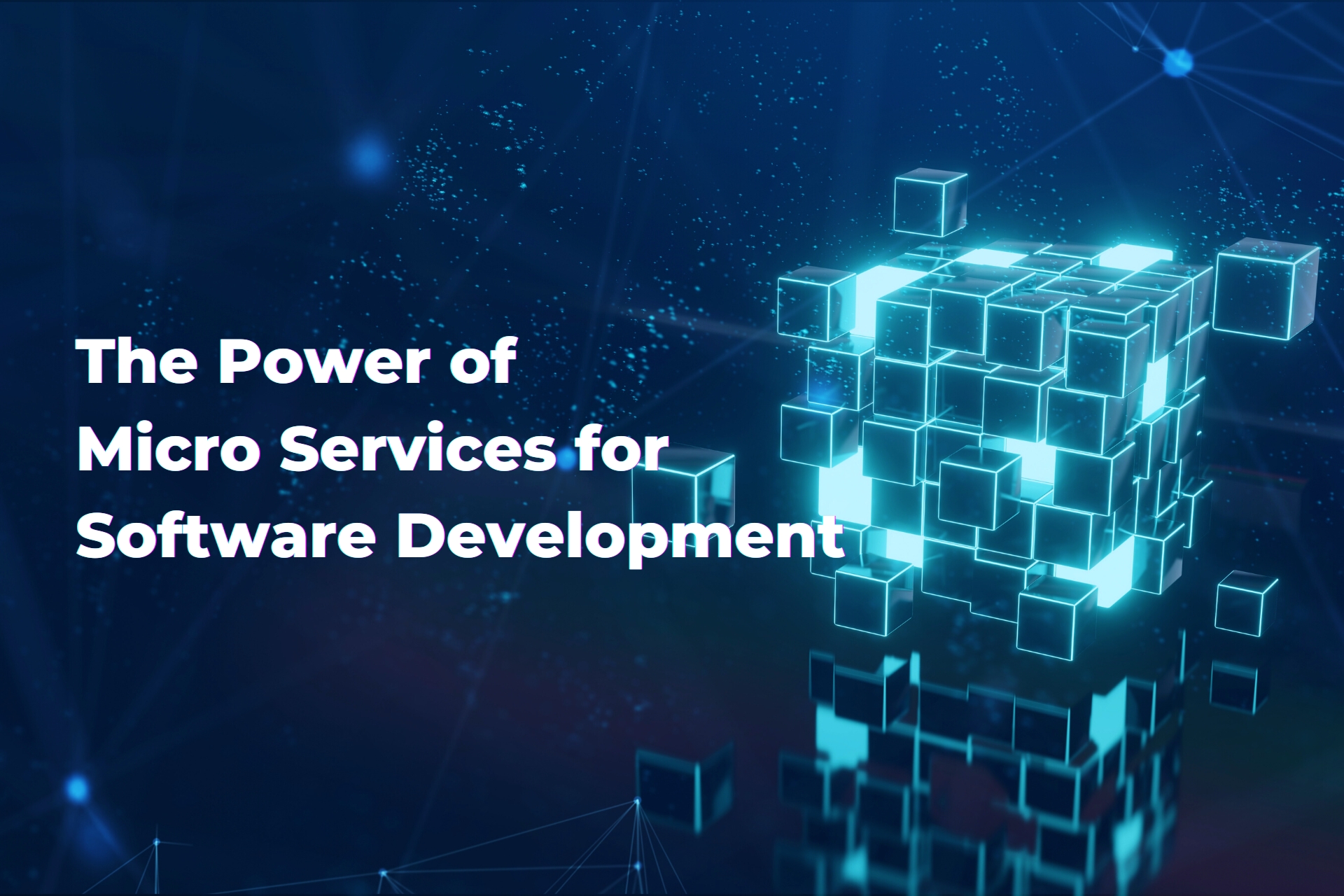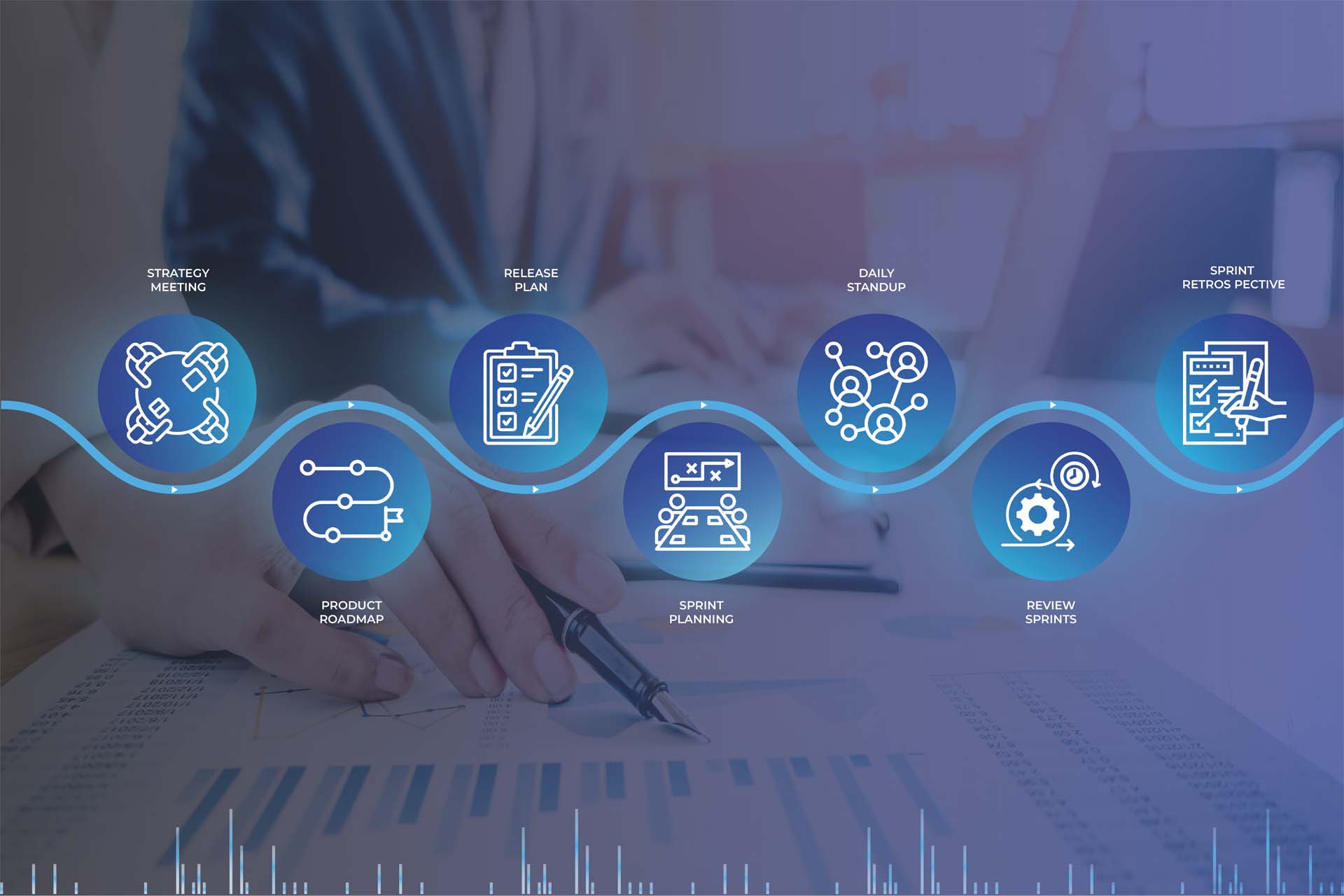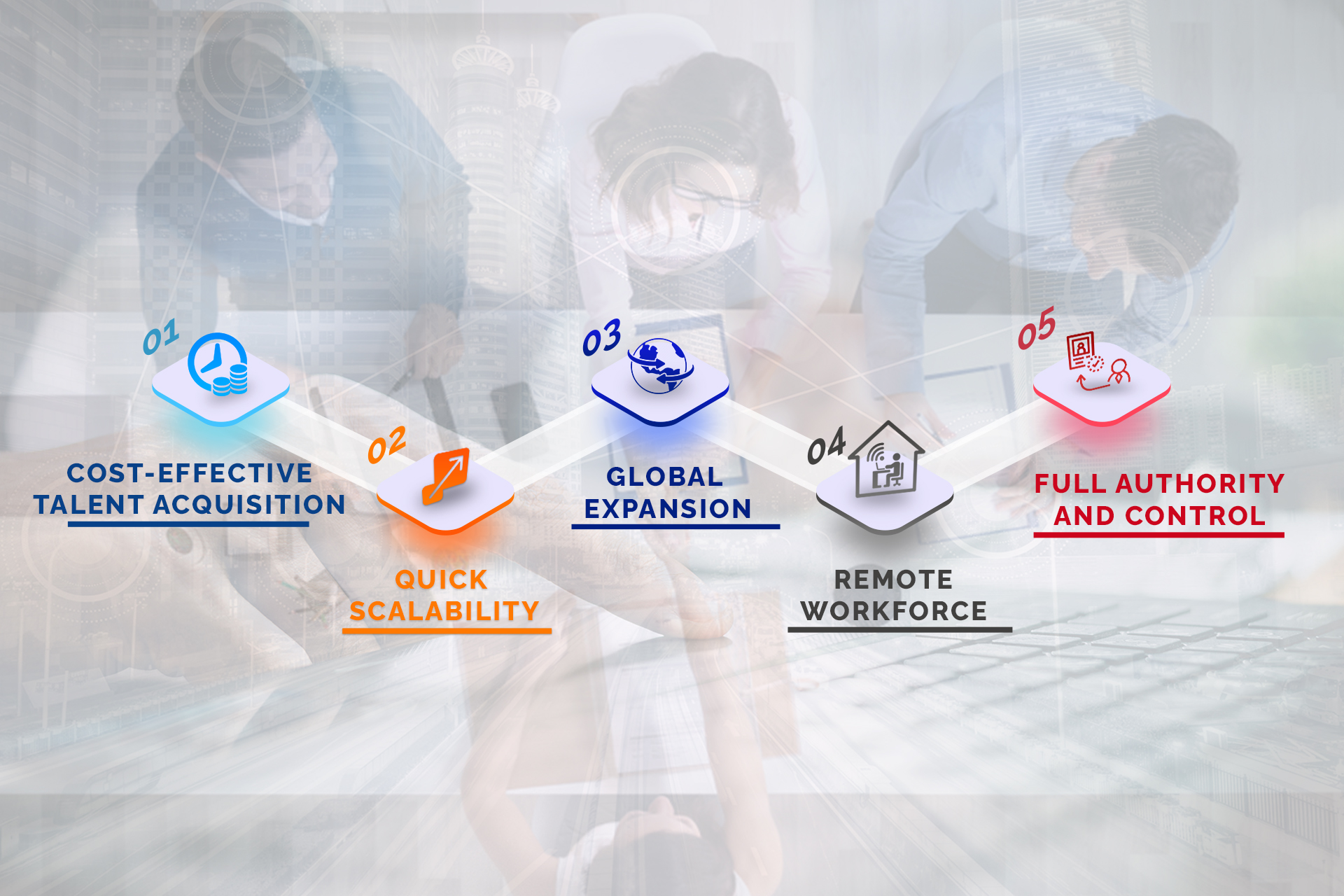How AI Is Transforming the Financial Service Industry
By Admin
Five years before John McCarthy coined the phrase "Artificial Intelligence" (AI) in 1950, Alan Turing had already asked, "Can machines think?" and developed the Turing Test. Seventy years later, the world's processing power has increased exponentially, and artificial intelligence is finding its application in a wide range of sectors, including financial services.
A global survey of 151 firms in the financial services industry conducted by Cambridge University and the World Economic Forum found that AI is increasingly used in finance as businesses modernise their current offers and develop innovative products and services. Let’s see how the power of AI is transforming the financial services industry.
Enhancing Efficiency and Productivity Using Big Data & AI
No matter how inventive an AI technology is, the magnitude of concrete economic value it can produce depends on the data it uses. Financial firms can use a variety of internal data sets, such as client, transactional, and demographic data, in their AI initiatives.
FinTechs, on the other hand, might only have access to publicly available data through partners or for-profit sources once their business has grown to the point where they can access more diverse and abundant data.
Lenders can gain several clear advantages from using AI to make credit decisions, including faster, more accurate, and more automated decision-making.
AI-enabled credit decision-making systems can be trained to estimate default probability, calculate risk-based interest rates, or make lending decisions directly by utilising datasets of loan applications that are already available. AI can also be used to compute alternative credit scores, which can support traditional human decision-making.
AI in Fraud Detection and Risk Management
AI in fraud detection is revolutionary and is used by most leading financial services firms worldwide. AI-enabled credit decision-making systems can be trained to estimate default probability, calculate risk-based interest rates, or make lending decisions directly by utilising datasets of loan applications that are already available. AI can also be used to compute alternative credit scores, which can support traditional human decision-making.
Artificial intelligence (AI) can help fight application scams by identifying fraudulent activity early in the banking transaction cycle. In order to prevent financial harm before it happens, algorithms can even track recently opened accounts and investigate connections between credit cards and loan applications.
AI can verify that a person is paying easily. Additionally, the technology can reduce false positives from traditional fraud detection methods. With time, AI can identify patterns in deposit and spending, alert staff to problems, and stop payments before they are completed. From the point of transaction initiation to the endpoint, algorithms can access various data sources.
Besides, AI plays a pivotal role in risk management, particularly in areas like credit, market, liquidity, operational, compliance, and regulatory risks. AI's advanced analytics and machine learning algorithms enable banks to predict and manage risks effectively.
For instance, AI is used for credit risk assessment, where it evaluates borrowers' default probabilities using diverse data sources. In market risk analysis, AI assesses trends and conducts sentiment analysis. Operational risk management benefits from AI’s ability to identify potential weaknesses and analyse data for patterns.
Revolutionising Customer Experience
Financial services have gradually realised that artificial intelligence can also be used to better understand customers and their behaviour through data collection and customer experience optimisation.
Tools that evaluate speech and text from customer interactions are used to create "chatbots," which are now widely used on websites. Its implementation streamlines customer interactions, providing 24/7 support, quick responses to inquiries, and assistance with transactions, significantly reducing wait times and enhancing customer satisfaction.
By harnessing vast data, AI enables banks and financial institutions to offer tailored financial advice, product recommendations, and services based on individual customer preferences and financial history.
Additionally, AI-driven predictive analytics help anticipate customer needs, facilitating proactive service offerings. It also plays a crucial role in improving security; AI algorithms can detect and alert customers to potential fraud in real-time, thereby safeguarding their assets and building trust. By delivering personalised, efficient, and secure services, AI significantly uplifts the overall customer experience in the financial services sector.
The Future of Financial Services with AI
According to the World Economic Forum, in today’s rapidly changing financial services environment, most financial services executives are prioritising deploying AI and cloud technology; however, they are still grappling to understand the impact it can have on the business and develop a powerful innovation strategy accordingly.
With multiple technologies like AI, Quantum Computing, Augmented/Virtual Reality, the Internet of Things, and Distributed Ledger Technology, among others, coming to maturity within the same timeframe, executives remain perplexed about the tangible business outcomes through these technologies.
In such times, having a reliable tech partner to not only provide solutions but to guide you in the right direction is vital. At MSBC, we believe in providing tailored solutions for businesses that aid them in not only operating efficiently but scaling up their operations efficiently, all while leveraging the power of AI in the best possible way.
You can talk to us here to explore and understand how your business can benefit from integrating the right technology for growth!
Insights into
our World
A view of the ever-evolving digital world through our screens




















































































































